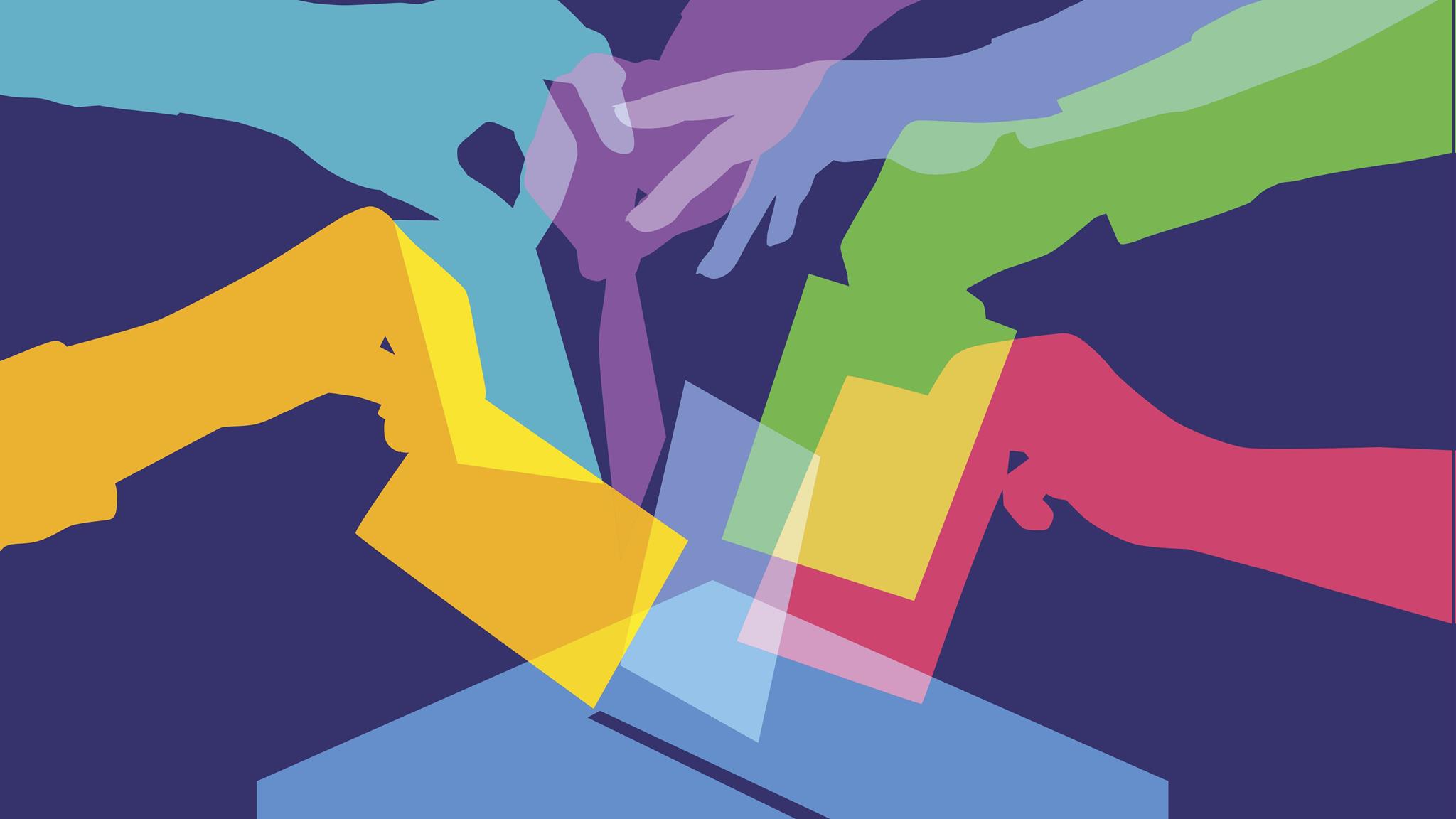Is Democracy Done For? This Scholar Thinks So.
OZY |

You need not be a paranoiac to fret over the state of Western democracy, and to many, fake news and Russian meddling are the least of it. Over the past several years, so-called advanced democracies have elected a succession of populists who promise to do things like “drain the swamp.” Voter turnout is stagnant at best. Growing numbers of young Westerners say they’d accept army rule and/or express antidemocratic sentiments, according to longitudinal studies.
Some scholars insist that grumbling about the system is part and parcel of democracy; others see disenchantment and a downward spiral. Only a few, though, propose alternatives and tweaks to the system, and that’s where futurist Parag Khanna comes in. “America has more than enough democracy,” he writes in his provocative new book, Technocracy in America. “What it needs is more technocracy — a lot more.” Khanna’s vision for American governance looks a lot more like Singapore, where he currently lives, than yet another referendum. We caught up with him over Skype to talk about democracy’s ills and what he really means by technocracy.
WHY PUBLISH THIS BOOK ON THE EVE OF DONALD TRUMP’S PRESIDENTIAL INAUGURATION?
My timing is just pure luck. Of course few predicted Trump would win, but he’s the best marketing a book like this could hope for. In fact, Technocracy was supposed to be the entire final section of my last book [Connectography, published last year], but we had to cut it for reasons of length. We decided to publish this fully formed, short book after the election and before the inauguration — that’s the brief window of time when people are willing to think strategically about how we could modify government before they get too complacent.
DID IT REQUIRE MANY CHANGES AFTER THE ELECTION RESULT?
I barely changed a word. I had phrased a couple of sentences with the assumption that Hillary Clinton had won, narrowly, but that was it. This is a book about institutions and systems, and not about specific people.
WASN’T THE NOVEMBER ELECTION A MASSIVE REJECTION OF TECHNOCRACY?
No. Never confuse Hillary Clinton and people who summer on Martha’s Vineyard with technocrats. If “elite” and “technocrat” meant the same thing, we wouldn’t need two different words. It’s a great disservice to the word “technocrat” to confuse it with everyone who went to law school. Merely being a smart person with a pedigree doesn’t make you a technocrat. You need to have run something like a state or federal agency. Technocrats aren’t just smart people, they know how to effectively administer government. Barack Obama, for instance, was not a technocrat; he managed nothing in his career, and then he was in charge of the entire federal government.
SO WHAT IS A TECHNOCRAT?
A technocrat is a career professional who knows how to run large scale bureaucracies. A technocrat is someone who is meritocratically chosen. A faceless, nameless technocrat in Singapore, for instance, also has a PhD from Cambridge, but he was probably selected through a rigorous civil service exam and have spent decades learning how the entire system (and foreign systems) work. In America, on the other hand, those positions go to someone the president has gone to school with or played basketball with.
A technocrat is utilitarian oriented. His or her only job is to maximize the welfare of the citizenry, not to toe an agenda. And he doesn’t just serve at the pleasure of the president.
UNLIKE POLITICAL APPOINTEES, SAY …
Right. We have a situation where thousands of top people are basically decapitated every time we have an election, and it takes months if not years to get the system running again. Everyone should understand that’s not normal — it’s not the correct way to govern.
IS THERE LESS WEALTH AND INCOME INEQUALITY IN TECHNOCRATIC STATES?
Inequality is a baseline condition that every country has to address. That said, when you look at the median income in technocratic states, it’s usually higher than in non-technocratic ones, and the poverty rate is lower. In fact, the median person in a whole lot of countries is doing a whole lot better than the average American.
HOW MIGHT U.S. GOVERNANCE CHANGE IN THE NEXT FOUR YEARS?
It’s hard to pretend the system is going to change, because of course it’s not likely to be overhauled. We’re not likely to have a committee of executives who jointly deliberate over long-run welfare. We’re not going to abolish the Senate and replace it with data-driven policy makers. We probably won’t abolish the electoral college under Trump. You’re not going to have a Supreme Court that is selected meritocratically. Almost none of the structural reforms I argue for are going to happen.
The question, though is whether you might see some of the good policies that follow playbooks of successful countries. For instance, Trump wants to spend a trillion dollars in infrastructure. The policy question is, how do you structure that investment to be most cost-effective — and there, we shouldn’t start with a blank page. We should be going out and studying other countries that do infrastructure investment best. Same with health care. We’re not the only country that wants to have health care for all. We could do a much better job of studying other countries’ health care models.
What kind of government would do that? A technocratic one.